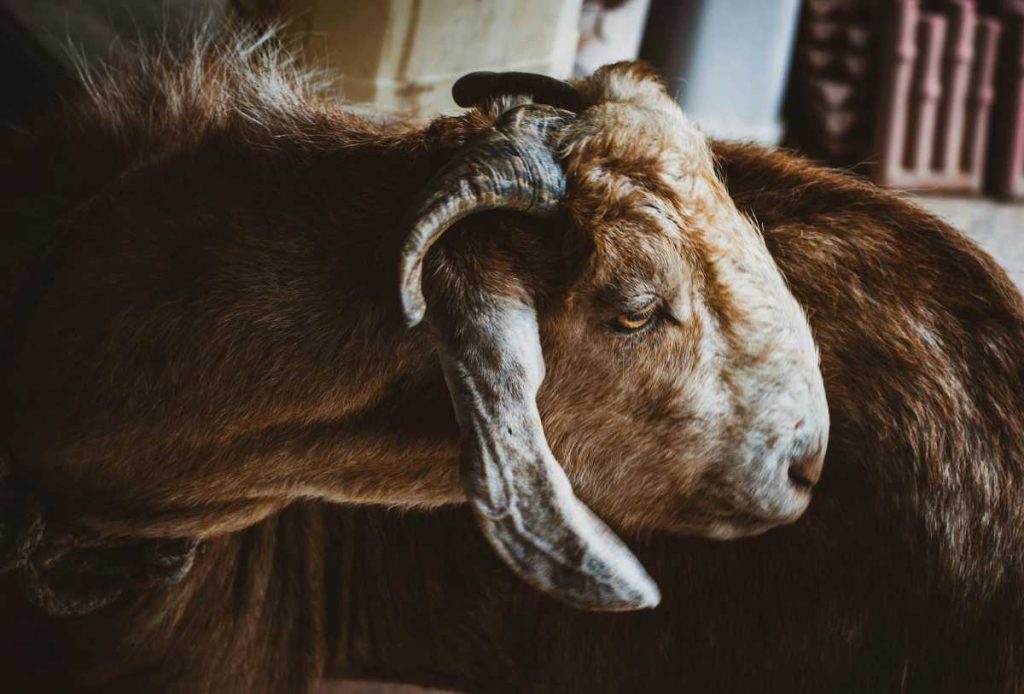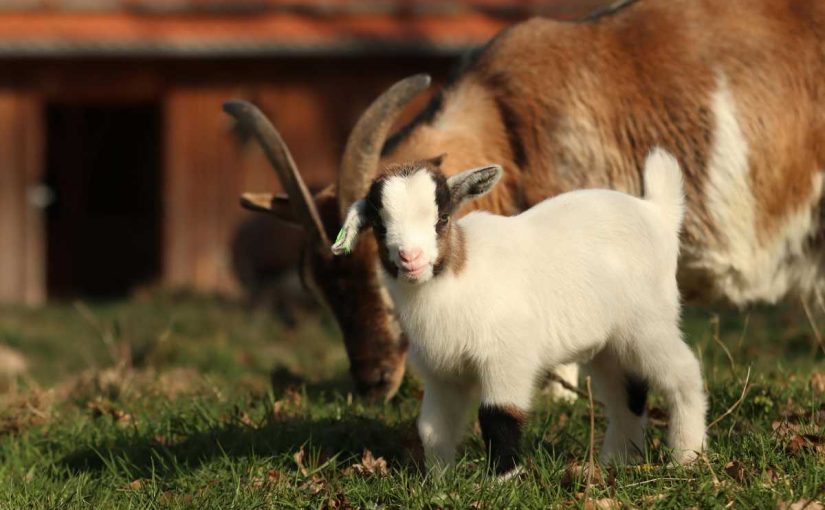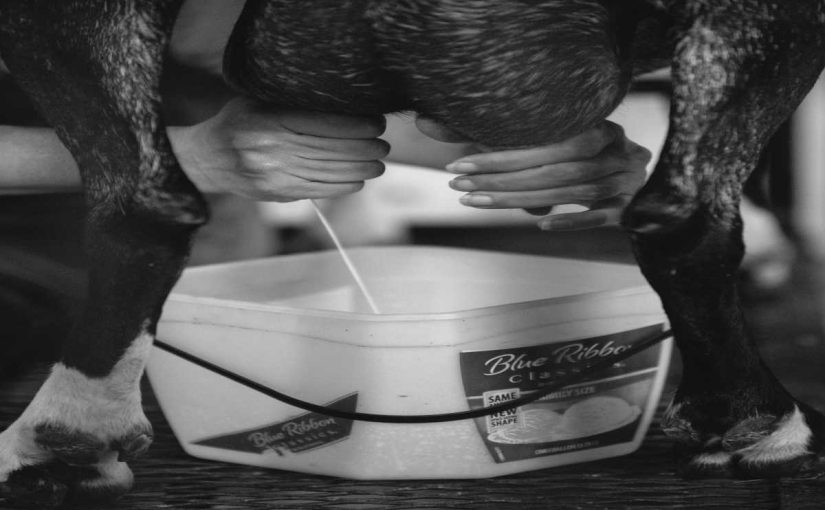Urban goat farming is a growing trend that combines agriculture with city living. As urban spaces continue to expand and more people seek ways to reconnect with nature, urban goat farming offers a unique solution to urban food sustainability, animal husbandry, and even community engagement. In essence, urban goat farming is the practice of raising goats in city environments for various purposes, such as milk production, fiber collection, and even as part of sustainable urban farming initiatives.
In this blog, we will dive into what urban goat farming is all about, the benefits and challenges of raising goats in the city, and how to get started with your own urban goat farm.
What is Urban Goat Farming?
Urban goat farming involves raising goats in cities or suburban areas where traditional farming practices are less common. This can range from keeping a few goats in a backyard for personal milk production to larger-scale urban farms that sell milk, cheese, or wool to local markets. Urban farming, in general, aims to provide fresh, local food, reduce the carbon footprint, and contribute to sustainable living—goat farming in urban areas fits perfectly within these goals.
Goats are well-suited to urban farming due to their size, adaptability, and relatively low maintenance compared to larger livestock. Additionally, goats require less space than cows or horses, making them ideal for small urban properties like backyards, rooftops, or community gardens.
Why Choose Urban Goat Farming?
Urban goat farming offers numerous benefits, both for the individual farmer and the surrounding community. Let’s look at some of the main reasons why people choose to farm goats in urban environments.
1. Fresh, Local Dairy and Fiber Production
One of the most significant advantages of urban goat farming is the ability to produce fresh, local food products. Goat milk is highly nutritious, and it’s often easier to digest than cow’s milk. Urban goat farms can produce milk for personal consumption, cheese, and even soap. Additionally, goats can be raised for their fiber (such as Mohair or Cashmere), which is a lucrative commodity in the textile industry.
2. Sustainability and Waste Reduction
Goats are natural foragers and can help reduce waste in urban areas. They can graze on grass, weeds, and even some types of food scraps. This not only provides them with food but also helps keep urban green spaces clean. Their manure can be composted and used to fertilize gardens or sold to local farmers.
3. Educational Opportunities and Community Engagement
Urban goat farming can serve as a valuable educational tool for children and adults alike. People can learn about animal husbandry, sustainable farming, and where their food comes from. Goat farms in urban areas often become community hubs for urban agriculture, offering workshops, farm tours, and other educational opportunities that foster a deeper connection with food production and the environment.
4. Healthy, Low-Maintenance Livestock
Goats are generally more adaptable and require less space than larger livestock like cows or pigs. They are hardy animals and can thrive in various climates, making them suitable for diverse urban settings. They are social animals, which means that they enjoy the company of other goats and can even thrive in smaller groups. With proper care and management, goats are relatively easy to maintain, making them ideal for urban farmers with limited experience.

Challenges of Urban Goat Farming
While urban goat farming offers many benefits, it also presents unique challenges. These challenges require careful planning and management to ensure both the goats and the community are well-cared for.
1. Space Limitations
One of the primary challenges of urban goat farming is the limited space available in most city environments. Goats require adequate space to roam, forage, and graze. While goats are small compared to other livestock, they still need room to be healthy and happy. In urban areas, space may be a constraint, particularly in dense city centers. However, goats can be raised in smaller spaces, such as backyard pens or rooftop gardens, with the right set-up.
- Tip: Ensure that your goats have enough room to move around. Consider vertical farming, such as rooftop or multi-level pens, to maximize the available space.
2. Zoning and Legal Restrictions
Urban goat farming is subject to zoning laws and regulations that vary from city to city. Many urban areas have strict ordinances that limit or prohibit the keeping of livestock, including goats. In some cities, goats may be allowed in residential areas with specific restrictions, such as limits on the number of animals or requiring permits for animal farming.
- Tip: Before starting your urban goat farm, check with your local government or zoning office to determine if goats are allowed in your area and what permits or licenses are required.
3. Noise and Odor Control
Goats are social animals, and they communicate with bleats that can sometimes be loud. Additionally, their pens can become smelly, especially if not managed properly. Urban goat farmers need to be mindful of noise and odor levels to avoid disturbing neighbors or creating an unpleasant environment in the community.
- Tip: Consider soundproofing your goat pen or placing it away from your property line to reduce noise. Use proper waste management techniques to control odor, such as composting manure or regularly cleaning the pen.
4. Feeding and Care
While goats are hardy, they still need proper care, especially in an urban environment. Ensuring they have enough food, water, and medical care is essential. In a city, access to high-quality feed and veterinary services may be less convenient, so you’ll need to plan accordingly. Furthermore, goats require adequate shelter, especially during extreme weather conditions.
- Tip: Stock up on goat feed and other essentials in advance, and build a weather-resistant shelter for them. Establish a relationship with a local veterinarian experienced in goat care.
Getting Started with Urban Goat Farming
If you’re considering starting an urban goat farm, here’s a step-by-step guide to help you get started:
1. Do Your Research
Before getting goats, it’s important to understand their care needs, behavior, and health requirements. Research different goat breeds to determine which one suits your urban farming goals. For example, the Nigerian Dwarf goat is a smaller breed that is particularly suited for urban environments because of its manageable size and friendly temperament.
2. Plan Your Space
Determine where you will keep your goats. A backyard, a rooftop, or even a community garden could work, depending on the space and local regulations. Make sure the area is safe, secure, and offers adequate room for grazing, playing, and shelter.
3. Check Local Laws
Before getting started, check your city’s zoning laws and regulations regarding livestock. You may need a permit, or there may be restrictions on the number of goats you can keep. Make sure you are in compliance with these laws.
4. Build a Goat-Friendly Pen
Your goats will need a secure pen or enclosure to keep them safe and comfortable. The pen should have adequate space for each goat, as well as areas for shade, food, and water. If you have multiple goats, make sure there’s enough room for them to interact socially.
5. Consider Goat Companions
Goats are social animals and prefer to be in the company of other goats. It’s important to have at least two goats so they don’t become lonely or stressed. Make sure you’re ready for the responsibility of caring for multiple animals.
Conclusion: Urban Goat Farming as a Sustainable Future
Urban goat farming is not only a way to bring fresh, local food to urban areas, but it also promotes sustainability, community engagement, and environmental stewardship. Despite the challenges, such as space limitations and legal restrictions, urban goat farming can be a rewarding experience for those looking to reconnect with nature and make a positive impact on their local community. Whether you’re interested in milk, fiber, or simply enjoying the companionship of these intelligent animals, urban goat farming offers a unique and fulfilling opportunity to diversify city life in a meaningful way.
As this trend continues to grow in popularity, urban goat farming has the potential to reshape how we think about agriculture, sustainability, and community resilience in the modern urban environment.



